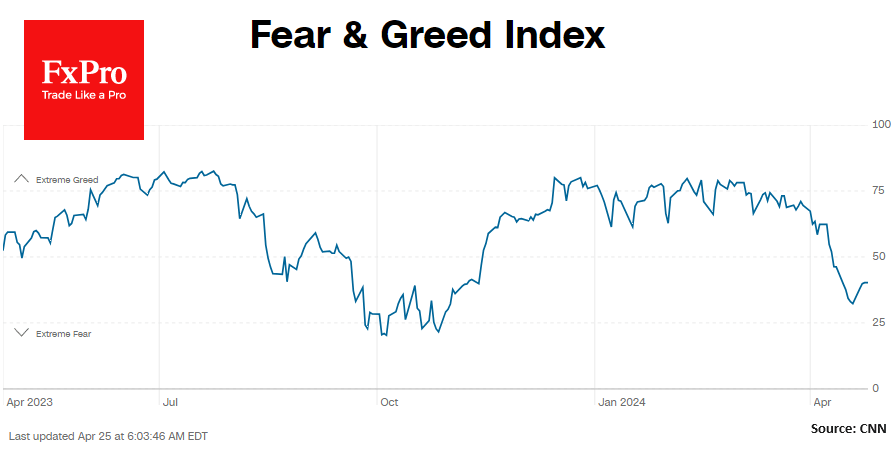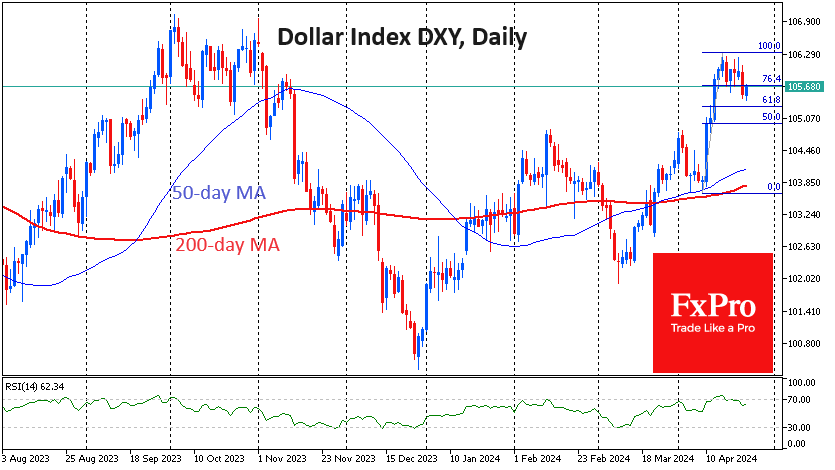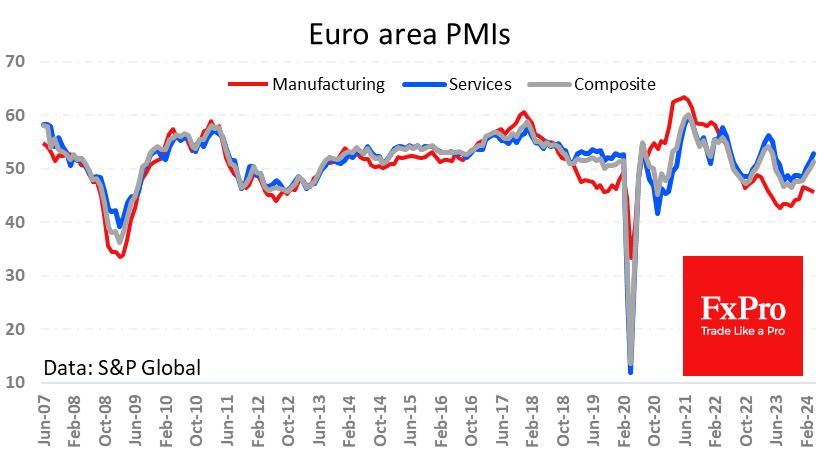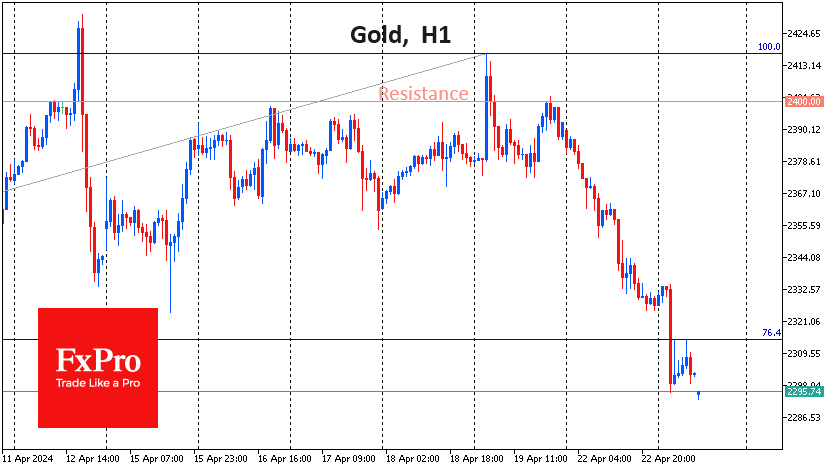How Goldman Sachs unintentionally sparked a war with cryptocurrency evangelists
May 28, 2020 @ 17:54 +03:00
Goldman Sachs isn’t convinced there’s a case for investing in cryptocurrencies like bitcoin. Crypto evangelists — perhaps unsurprisingly — aren’t impressed with its assessment.
The U.S. bank’s consumer and investment management division released a slide deck ahead of an investor call Wednesday, examining the impact of the coronavirus outbreak on the U.S. economy. A sizable chunk of the presentation focused on bitcoin and other virtual currencies.
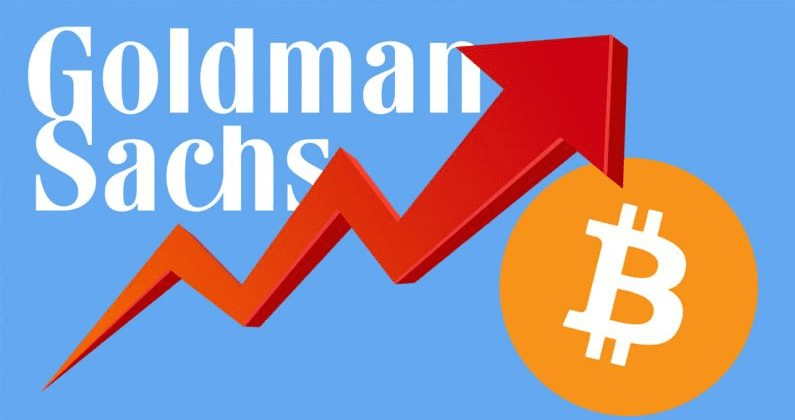
“Cryptocurrencies including bitcoin are not an asset class,” Goldman Sachs’ Investment Strategy Group wrote in the opening of one slide. The deck detailed several reasons why cryptocurrencies couldn’t be considered an asset class in their own right, claiming they don’t generate cash flow likes bonds or earnings through exposure to global economic growth.
“We believe that a security whose appreciation is primarily dependent on whether someone else is willing to pay a higher price for it is not a suitable investment for our clients,” the group wrote.
“We also believe that while hedge funds may find trading cryptocurrencies appealing because of their high volatility, that allure does not constitute a viable investment rationale.”
Crypto enthusiasts had eagerly anticipated the Goldman call, with some assuming the 151-year-old bank might lay out a case for investing in bitcoin. Needless to say, they didn’t get what they wanted on Wednesday.
The Winklevoss twins, co-founders of the cryptocurrency exchange Gemini, were among the most vocal in the backlash to Goldman’s claims.
“Hey Goldman Sachs, 2014 just called and asked for their talking points back,” Cameron Winklevoss said in a tweet.
His brother, Tyler, claimed, “The more I think about it, the Goldman report is probably a head fake,” referring to a sports tactic used to throw an opponent off by pretending you’re moving in one direction only to then move the opposite way.
Bitcoin bulls often claim the digital asset’s limited supply is part of what underpins its value and makes it a potential “hedge” against currencies which are vulnerable to devaluation in times of economic crisis.
The bank also called cryptocurrencies a “conduit for illicit activity,” highlighting their use in fraudulent schemes and money laundering.
“It’s important to note that Goldman Sachs’ competitors Fidelity and JP Morgan have made significant investments in cryptocurrency,” said Dave Hodgson, chief investment officer and managing director of NEM Ventures, a cryptocurrency-focused venture capital firm. Fidelity last year set up a separate unit devoted to cryptocurrency clearing and custody, while J.P. Morgan developed its own internal digital currency, “JPM Coin,” for payments.
“While volatility is indeed high, the year-on-year, and now decade-long performance is a consistent uptrend based on holding the asset, not trading the volatility. By considering it unviable for its investors, Goldman Sachs has risked causing its investors to miss out on one of the best performing asset classes in the past 100 years, never mind the last 10.”
How Goldman Sachs unintentionally sparked a war with cryptocurrency evangelists, CNBC, May 28




